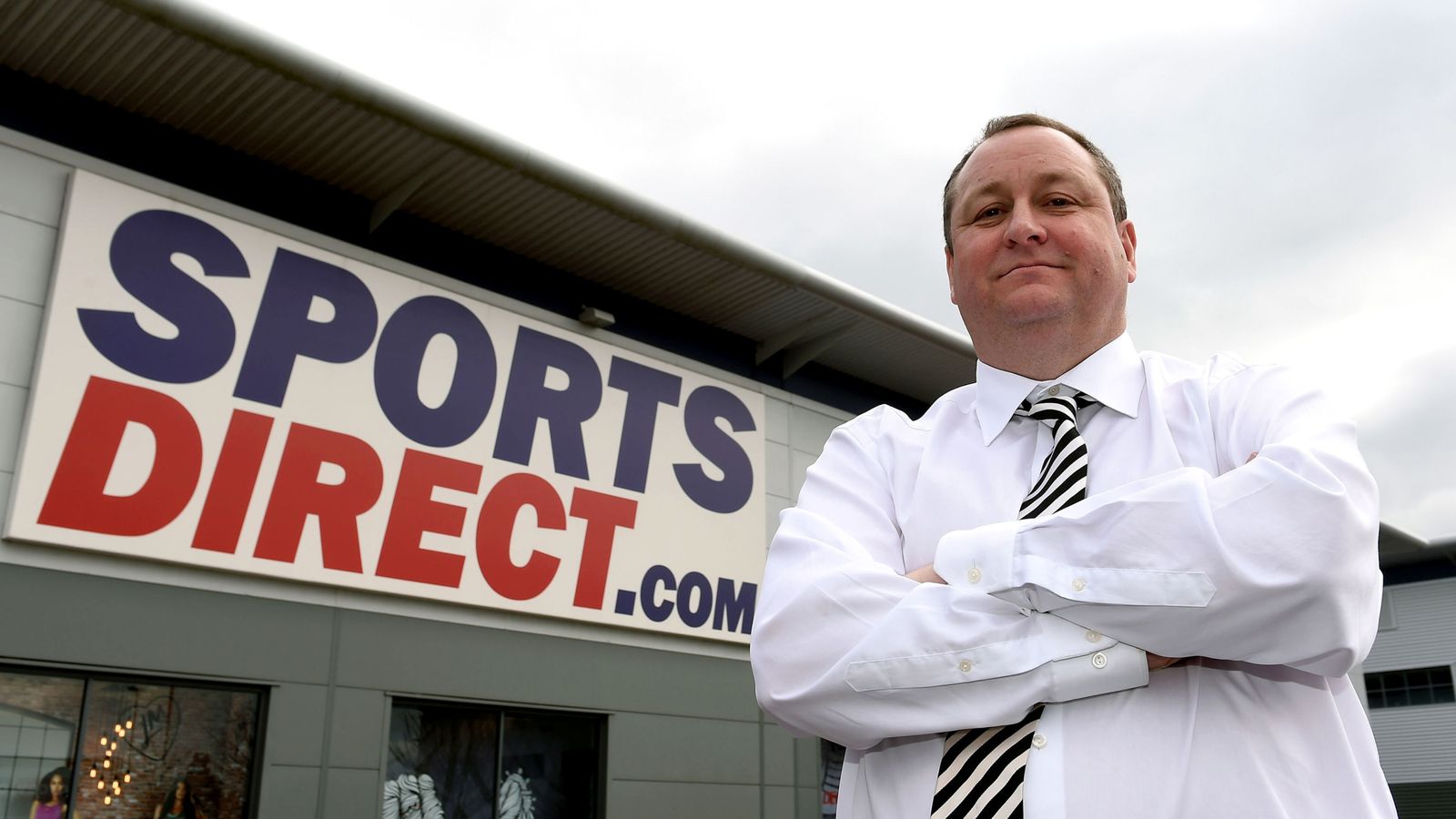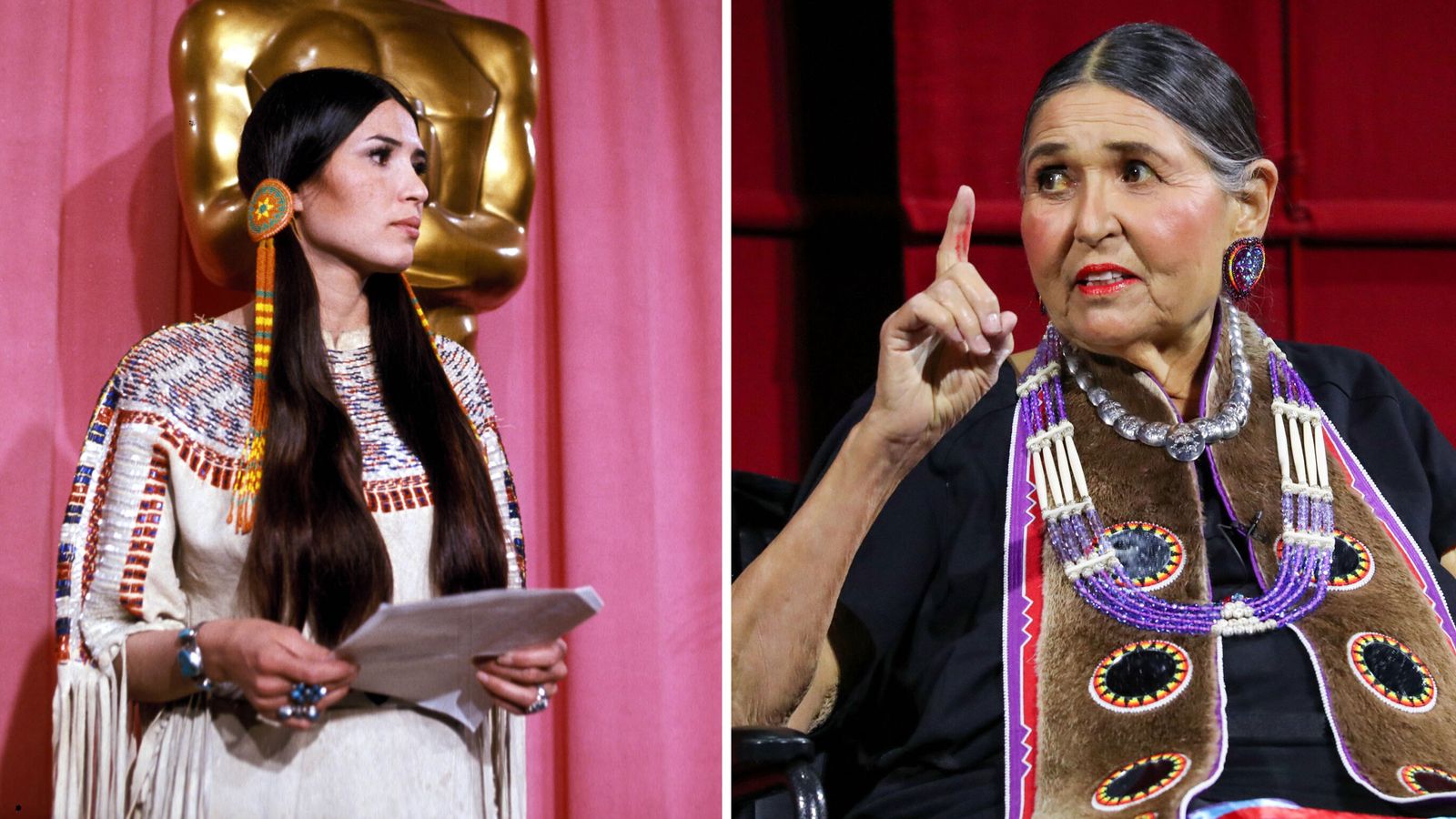There was an air of inevitability to Tuesday’s news that Mike Ashley is stepping down as a director of Frasers Group, the retail empire that has its origins in Sports Direct, the business he founded from a single sports shop in Maidenhead 40 years ago.
For Frasers – it changed its name from Sports Direct just under three years ago – has gradually been metamorphosing into what might be called a ‘normal’ company and this is another step in that direction.
Mr Ashley relinquished the role of chief executive to Michael Murray, his son-in-law, in May this year although it had been apparent to company-watchers for quite a while that the latter was already running the business on a day-to-day basis.
Frasers announced a year ago that Mr Murray would be taking on the role.
That Mr Ashley is now stepping down from the board entirely, with effect from 19 October, confirms that his relationship with the business he founded will be even more on an arms-length basis in future.
The tycoon said in a stock exchange announcement: “Since Michael Murray took over the leadership of Frasers Group earlier this year, the business has gone from strength to strength. It is clear that the group has the right leadership and strategy in place and I feel very confident passing the baton to Michael and his team.
“Although I am stepping down from the board, I remain 100% committed to supporting Frasers and Michael’s plans and ambitions, and I look forward to helping the team as and when they require me. My commitment and support as a Frasers shareholder is as strong as ever.”
Warnings that £150 extra cost-of-living help for those on disability benefits is ‘not enough’
Cost of living latest: Millions to receive £150 from today; major tax cuts expected on Friday
Cost of living: Drivers at 12 rail companies target Tory conference as fresh strike dates revealed
Mr Murray added: “Mike has built an incredible business over the past 40 years and, on behalf of the board and the group, I want to thank him for all he has done.
“With our new strategy and leadership team, we are driving this business forward at pace and we are all excited for the future. We are grateful to have Mike’s support and expertise available to us as we continue the next stage of Frasers Group’s journey.”
The company said that Mr Ashley, who will remain available to advise the board when called on, would be providing it with £100m of additional funding on the same terms as the £930m borrowing facility with its banks that was announced in December last year.
Mr Ashley’s departure from the board will be greeted with scepticism in some quarters.
After all, with a 69.1% stake in Frasers, he remains its controlling shareholder.
Moreover, as Mr Murray is married to his eldest daughter Anna, there may be concerns that Mr Ashley may seek to influence the company or exert control via the back door.
That, though, would be an insult to Mr Murray who, since being appointed head of the then Sports Direct’s property division at the end of 2015, has gradually won over an initially sceptical City.
Having overseen the group’s £250m property portfolio, his role evolved rapidly into overseeing what the company referred to as its ‘elevation strategy’, which was interwoven with upgrading stores. This was a tacit recognition that Sports Direct’s outlets, once notorious for their jumble sale-like appearance, needed more investment to smarten themselves up.
It also saw the stores relocate from what, in many cases, were small and tired old high street locations to more modern, larger premises – a key tactic in encouraging major suppliers like Adidas and Nike, with whom Mr Ashley had at times had a troubled relationship, into making more of their stock available.
At the same time, there was an explicit attempt to take the business upmarket, encapsulated in the rescue of the House of Fraser department store chain, the designer fashion chain Flannels and the preppy clothing brand Jack Wills.
All were described by the company as being part of a ‘premium lifestyle’ division that, during the pandemic-struck year to April 2021, was the only part of Frasers Group to grow its sales.
The move upmarket has paid off: in July the company reported an operating profit of £344.7m – a record – for the year to 24 April compared with a loss of £60.3m during the previous 12 months.
Premium lifestyle continued to be the fastest-growing part of the business, with sales up by 43%, compared with 31.2% sales growth in UK sports retail, although the latter remains the biggest single part of the group.
Yet even that has a more aspirational air to it than was once the case: current brand ambassadors for Sports Direct include the Manchester City and England footballer Jack Grealish and the burgeoning tennis superstar Emma Raducanu.
Investors have taken note. Shares of Frasers Group, which were down modestly on Tuesday, had risen by 17% over the previous 12 months – a rally that recently saw the company return to the FTSE 100 after a six-year absence and Mr Murray confirmed as the youngest chief executive in the index.
Other changes have also highlighted the gradual evolution of the business. The headlines about dubious employment practices at the group, which haunted Mr Ashley for years, have gradually melted away.
That is not to say Frasers Group has got all of its shareholders on board. A sizeable minority of them voted against the company’s pay policy at the annual meeting, in September last year, with an executive share scheme that could net Mr Murray £100m (if all of his targets are achieved) attracting particular ire.
In terms of the business itself, some sector-watchers worry that the e-commerce strategy at Frasers is not as well-developed as at some competitors, while others fret that Mr Murray has essentially placed a very large bet on shoppers returning to physical, rather than online, clothes buying.
Longer term, if Frasers is to be seen by the broader investment community as a normal company, the regular acquisitions of other businesses or of minority stakes that were such a hallmark of Mr Ashley – Frasers recently took a stake in the German fashion brand Hugo Boss and is currently trying to buy the online fashion retailer MySale – are also going to have to become a thing of the past.
One thing Mr Murray can do nothing about, though, are the accusations of nepotism that were heard when he first joined the business and which linger today.
But it is worth recalling that such accusations were also flung at Simon Wolfson 25 years ago when, aged just 29, he became an executive director of Next – where his father had previously been chairman – and shortly afterwards the youngest chief executive of a Footsie company.
He also turned out to be one of the UK’s most outstanding retailers of the last two decades.









